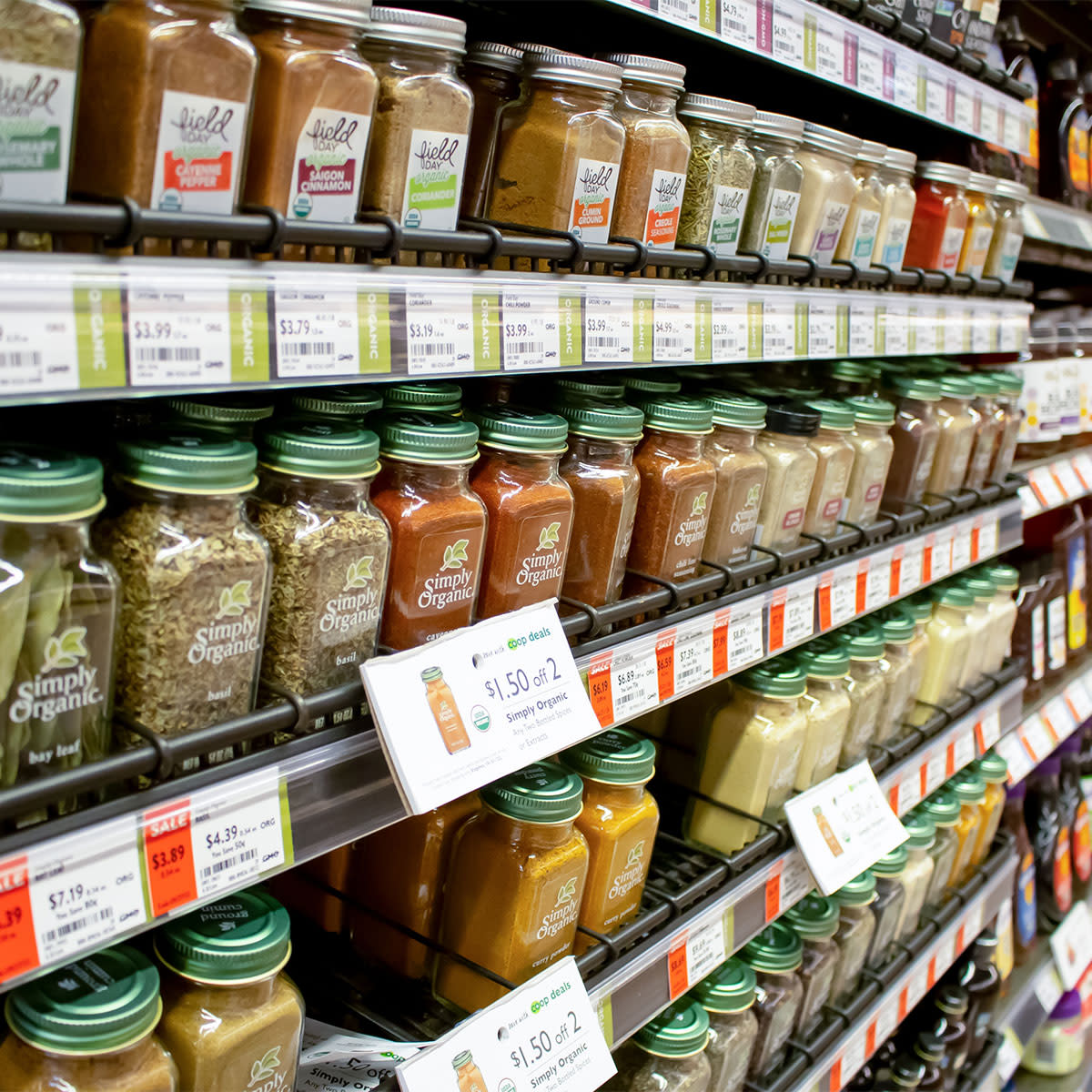The One Type Of Seasoning Experts Say No One Should Be Cooking With Anymore Because It Causes Weight Gain And Inflammation

Seasonings play a vital role in enhancing the flavors of our meals, but their impact on our health goes beyond just taste. The relationship between seasonings, weight gain, and inflammation is a topic of growing interest in the world of nutrition. While some seasonings can add depth and richness to our dishes, certain choices may inadvertently contribute to weight gain and inflammation within the body.
We spoke with Lisa Richards, a nutritionist from The Candida Diet, to learn about the one type of seasoning you should limit because it can lead to increased inflammation and weight gain. Richards revealed that salt is the one seasoning that, when consumed excessively, can contribute to these health concerns.

Salt
Salt, with its unmistakable taste, is a fundamental seasoning in the culinary world. Its savory, slightly briny flavor enhances the taste of a wide range of dishes, making it a kitchen staple. However, the excessive consumption of salt has been linked to health concerns, particularly inflammation and weight gain. High salt intake can lead to water retention, potentially increasing body weight temporarily. Furthermore, a diet rich in salt can contribute to chronic inflammation, which is a known factor in various health issues.
"Salt can be an inflammatory seasoning that leads to bloating due to its high sodium content. When consumed in excess, sodium disrupts the delicate balance of electrolytes in the body, causing water retention and an increase in blood volume. This excess fluid accumulates in the tissues, particularly around the abdomen and extremities, leading to bloating and swelling," says Richards.
She also adds that the increased blood volume "raises blood pressure, which can strain blood vessels and the heart, contributing to inflammation and potentially harming cardiovascular health."
Sodium can lead to weight gain by causing water retention, where the body holds onto excess fluids due to a high salt intake, resulting in a temporary increase in weight, mainly as water weight. Moreover, salt-rich foods, such as processed and fast foods, are typically calorie-dense and can contribute to weight gain when consumed regularly.

The Bottom Line
While salt's role in flavoring our food is undeniable, it's crucial to exercise moderation to maintain a balanced and health-conscious diet.
Richards states that "this chronic low-grade inflammation can exacerbate various health issues, including digestive discomfort and bloating. To reduce bloating and inflammation, it's important to limit salt intake, opt for low-sodium alternatives, and maintain a well-balanced diet."
It's recommended to minimize the use of table salt and instead choose healthier seasoning alternatives such as herbs, spices, low-sodium options, and natural salts.

